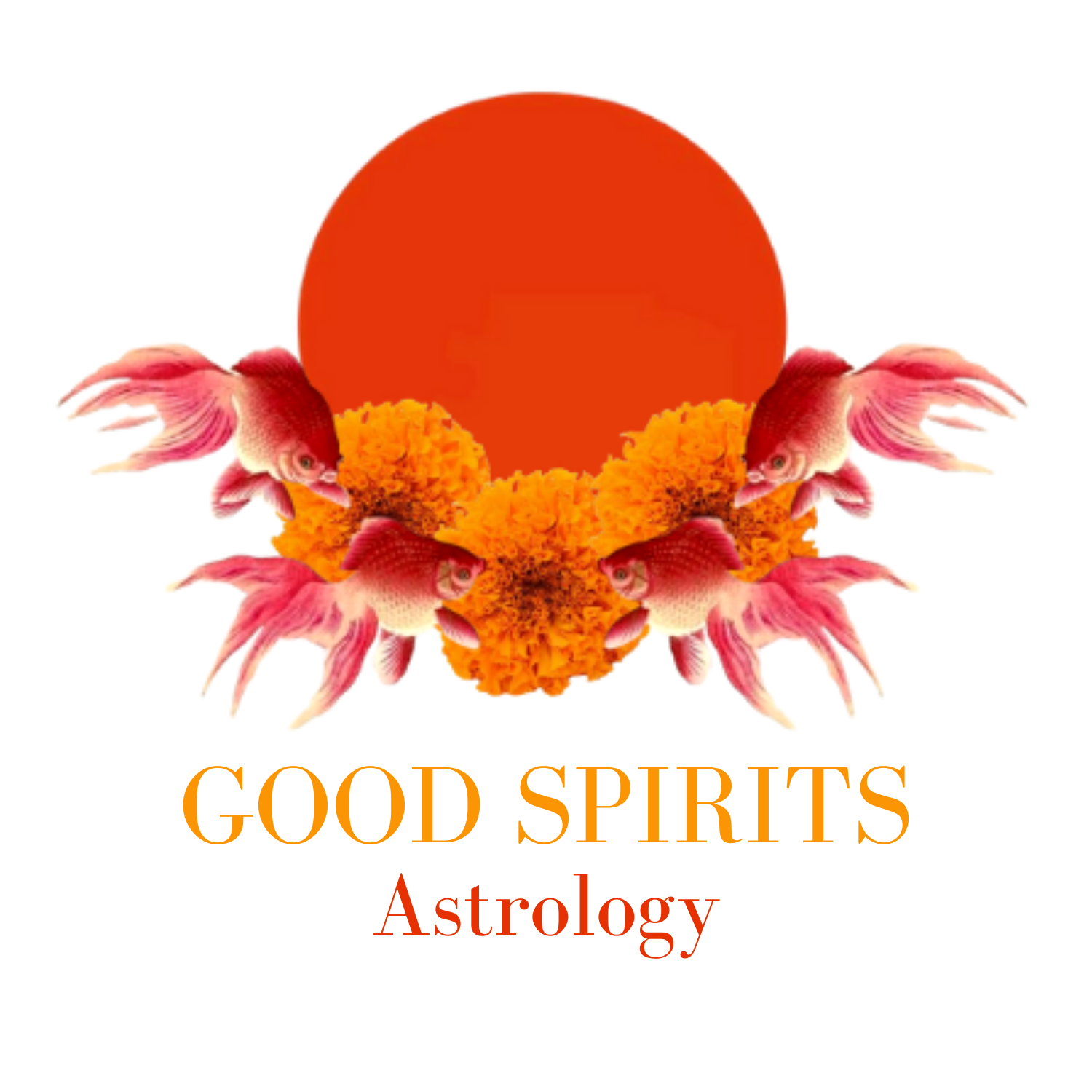On Praise & Celebration
Lucille Clifton
The first time my dad sang our family’s praise song to me I was applying to college. At my competitive public high school, the pressure to “succeed”—perfect SAT scores, etc.—was intense to say the least, and the whole year I imagined I could feel my first grey hairs sprouting (even though they wouldn’t until years later, in 2020, specifically). The application process left my anxious and ridden with imposter syndrome. Who was I to be applying to the top institutions I had chosen? My insecurity was only augmented by my peers’ racism—I was a hardworking and good student, but they assumed I would get in not because of this but because I was black.
I was so desperate to get into a good university because I was conditioned to believe that this determined my worth. At that time in my life, I had never felt less sure of myself or my accomplishments; I felt that didn’t have the authority to determine whether these had any value. The authority lay within the institution of the college admission process.
My father rarely speaks about Yoruba culture to us and, because these moments are so scarce, they are each crystalized in my memory, as sweet and nostalgic and immaculately preserved as a honeycomb. In my memory, when he sang our praise song my bedroom filled with light. Like any magic spell, the praise song had an aura of brightness, power, and potency about it. The only way I can describe music I really enjoy—quite clumsily—is to say that it entered my body. I felt the praise song in my body, too, like the overcoming, purifying force of a ray of sunlight.
The tradition of praise songs in Yoruba culture originates from worshipping the orixas. Most families have a patron saint, and ours is Ogun, the deity of agriculture, war, weapons, and tools. In singing Ogun’s praises, we open ourselves to receiving the deity’s blessings. In singing Ogun’s praises, we also sing our own.
I hadn’t ever thought about praise beyond the context of the personal, even though across cultures praise often manifests in the context of the divine. I was reminded recently of our praise song and for the first time considered its spiritual significance. I immediately connected this tradition with what I know about praise in Christianity, particularly in Black church. Yoruba beliefs and practices have survived in the Americas’ black diaspora in many more obvious ways—Umbanda and Candomblé in Brazil, Santería in Cuba—but the connection to Christian praise is both more sublte and to me equally powerfully. Praise songs in Yoruba praise the gods with the request that the gods protect the singers, and similarly, praise in the Christian context is addressed to God and invites God’s good works into the space. At the same time, offering praise in both contexts invites the speakers into profound expression of celebration and joy.
Maybe the ritual is to ask for a remedy, but it’s clear that the cure is also found within the act of asking. There is so much fulfillment and joy in enacting celebration. In being agents of praise. I believe that due to our culture’s competition, hierarchy, and individualism, we are obsessed with being on the receiving end of praise. We want to receive accolades, celebration and loved. These yearnings are understandable, and at the same time, I imagine that being agents of celebration, praise and love would offer just as much healing as receiving them—if not more. Our ancestors knew that we didn’t need to wait to be celebrated. We needed to celebrate ourselves. Creating celebration and offering praise imbues us with narrative authority—the authority to decide what is worth of our attention and worship.
I love Lucille Clifton’s “won’t you celebrate with me,” because it reminds us of the potential to be rooted in joy irrespective of circumstances. She invites her readers to share the space of praise and appreciation with her: the poem ends “come celebrate with me that every day something has tried to killed me and has failed.”
Our accomplishments, excellence, and accolades are all worth celebrating. Our love and families and friends and communities are worth celebrating. And so are more mundane aspects of our experience—our survival. Our getting up each day. The astrology of the months ahead is so, so difficult. To navigate them, we need to be rooted in celebration of what is joyful. We need to be agents and recipients of our own praise.
If you enjoy the Cards of the Week, I hope you consider making a donation. Thank you for all your support!

